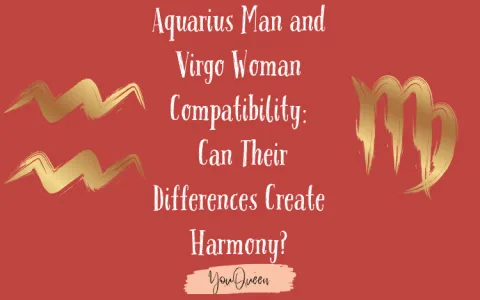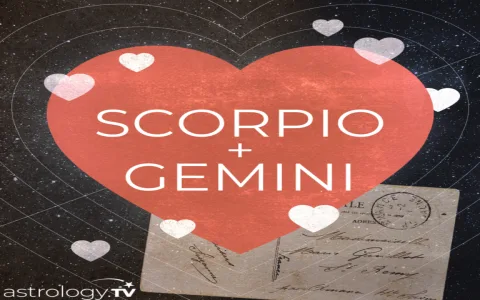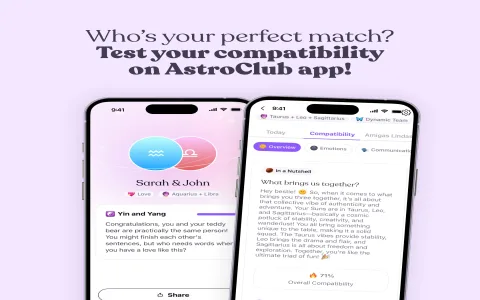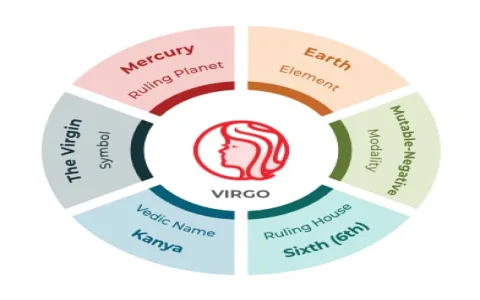The Theory: Tossing the Rulebook
I was done with the usual dating nonsense. Seriously, if I saw one more profile talking about hiking and craft beer, I was going to scream. It felt like everyone was presenting this perfectly polished, post-production version of themselves. You know, the stable ones who think they’ve got it all figured out. But the stable ones are boring, and frankly, they’re usually hiding the real mess underneath that veneer of stability.
So, I started thinking about the “Cusp.” The Cusp isn’t just an astrology thing; it’s that moment in life when someone is transitioning from one major state to another. They are unstable, sure, but they are also raw, vulnerable, and completely unfiltered. That’s where you find the true self. I decided to actively seek out and date people who were on a major cusp—the moment before they truly settle down, or the moment right after they blew up their previous life. The chaos, I figured, would be the filter.
I crafted my criteria. I called this project “Cusp Love.”
The Practice: Targeting the Transition
I didn’t waste time on the apps looking for photos. I was looking for keywords and circumstantial evidence. I scoured profiles for signs of immediate change. People who had just moved cities, were between careers, or had recently finalized a big divorce—not one year out, but maybe three to six months out, still in the thick of redefining themselves.
I cataloged the types of cusps I targeted:
- The Geographical Cusp: Just relocated, hasn’t found a permanent friend group or home base. They are starting from zero.
- The Professional Cusp: Quit a toxic job and are freelancing or retraining. They are stressed, but highly self-aware about what they won’t tolerate anymore.
- The Relational Cusp: Newly single, not bitter, but actively figuring out what their life looks like without the previous partner defining it.
I jumped straight into these situations. I started hitting up niche meetups for career changers. I accepted invites to housewarmings of people who had just arrived in town. I used bold, direct language when messaging, asking things like, “What’s the biggest thing you had to give up to get here?” I wanted to engage the transition, not avoid it.
The dates were intense, I won’t lie. One woman I dated, who was on a Professional Cusp, spent the first dinner detailing the psychological damage her last boss inflicted. She wasn’t looking for comfort; she was calibrating her boundaries in real-time. Another guy, Geographical Cusp, canceled three dates in a row because he kept getting offered temporary housing across town, forcing him to move his belongings almost weekly. It was messy, chaotic, and completely unpredictable.
I endured months of emotional whiplash. I saw unbelievable flashes of genuineness, followed by spectacular self-sabotage. They were looking for an anchor, but I wasn’t trying to be an anchor; I was trying to observe the storm. I realized quickly that while the Cusp reveals truth, it doesn’t guarantee stability or commitment. Most people on the Cusp are too busy figuring out themselves to figure out a partner.
The Pivot: Learning from the Wreckage
I kept hitting walls. I kept seeing great potential evaporate because the person I was dating prioritized their immediate survival (as they should). I got frustrated and almost scrapped the whole project. Why was I obsessing over people in mid-flight?
This is where the reality check hit me, and this is why I know what I’m talking about. I didn’t start this research as a stable person looking for unstable people. I started it because I realized I myself had been a Cusp casualty.
About two years ago, I was living what looked like the perfect stable life. Good job, nice apartment, great relationship. Then, within three weeks, it all imploded. The company I worked for lost a major funding round and laid off half the staff—me included. Two days later, my long-term partner informed me they were moving across the country for an opportunity they couldn’t refuse, and they were going alone. Everything I used to define myself evaporated.
I lost my insurance, lost my routine, and almost lost my mind. I had to move back in with family temporarily, which felt like walking backward through time. I was suddenly broke, displaced, and painfully single. I was the biggest, messiest, most vulnerable Cusp person imaginable.
I remember trying to date during that three-month period. I tried to present the stable version of myself, but it was impossible. I spilled my guts too early. I was emotionally volatile. The few people who dated me were trying to date the ghost of my former self, and they quickly ran away from the reality of the crisis I was living through. I couldn’t blame them.
The Realization: Finding the True Match
That experience taught me something crucial. The true match isn’t someone in the fire, but someone who recognizes the smell of smoke and doesn’t immediately bolt. A stable person who has never faced a Cusp event doesn’t understand the depth of change required. They only understand the tidy result.
I finally stopped hunting for people on the edge of breakdown or breakthrough. I focused instead on people who were stable now, but had clear, well-articulated memories of their own past Cusp moments. People who could discuss massive upheaval without flinching or blaming others, just detailing the process of rebuilding.
I found my actual match about six months ago. She wasn’t moving or quitting her job. She was steady. But when we talked, she openly shared the story of her early twenties when she dropped out of university, worked three minimum-wage jobs just to survive, and had to learn how to completely budget her life from scratch. She didn’t romanticize it; she simply explained how she rebuilt her fundamental understanding of security.
That understanding—the empathy born from surviving a personal storm—that’s the true foundation. The True Match isn’t found in the chaos of the Cusp; it’s found in the quiet, steady strength of someone who remembers exactly what it took to climb out of it.








